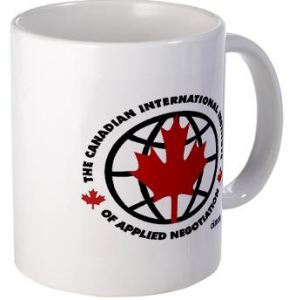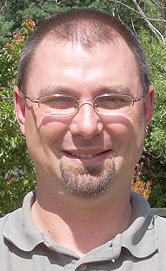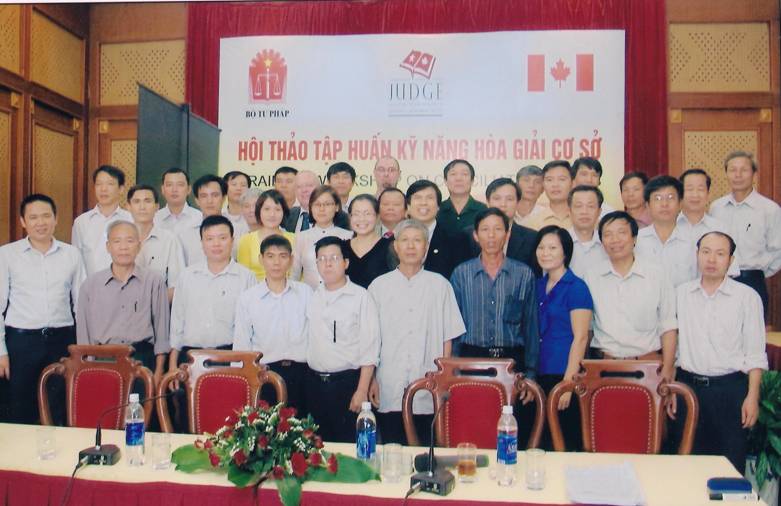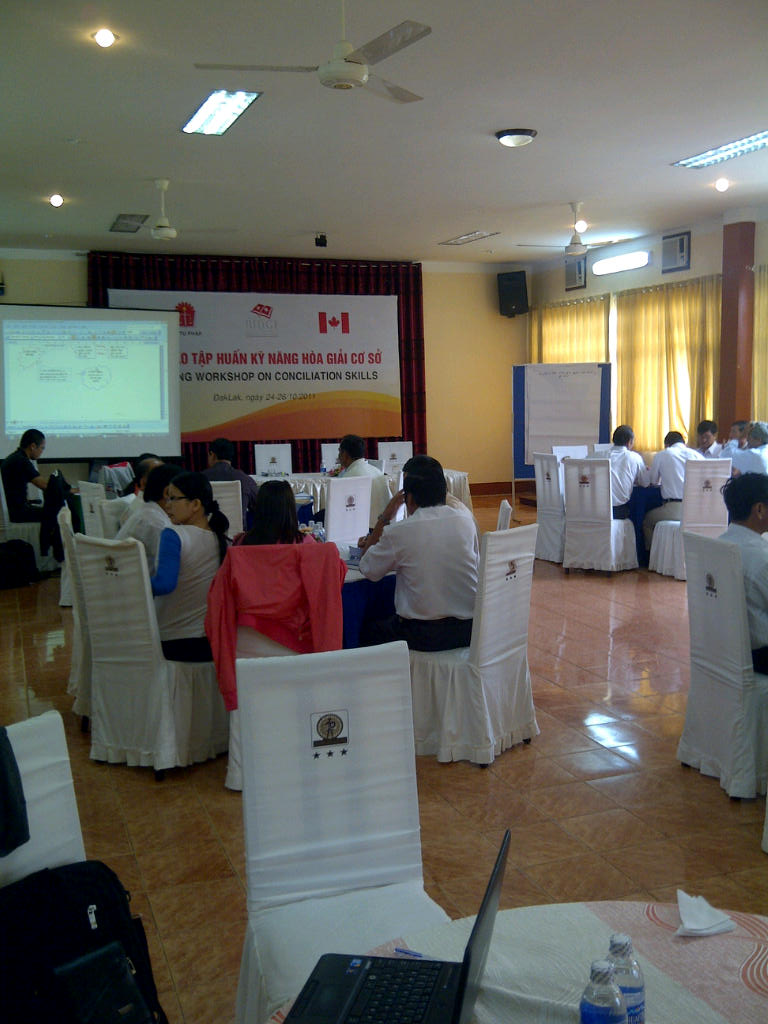I had a great long-distance conversation with Evan Hoffman this week. Based in Ottawa, he is Executive Director of the Canadian International Institute of Applied Negotiation (CIIAN), a Canadian NGO, as well as being a Faculty member with the School of Peace and Conflict Management at Royal Roads University.
Initially connecting with Evan through Twitter (@CIIAN), I wanted to know more about CIIAN, his work in/out of CIIAN, and especially his international work in peace building. He generously accommodated me.
About CIIAN
 Founded in 1992, CIIAN was built upon the notions of peace, social justice, and principled dispute resolution, based in negotiation. An internationally-recognized leader in violence prevention, CIIAN offers dispute resolution programming, through local organizations, in various conflict zones around the world, including Azerbaijan, Bosnia, Columbia, Haiti, Lebanon, Macedonia, Pakistan, Sri Lanka, and Crimea. CIIAN helps individuals and organizations, domestic and international, grow their internal capacities for appropriate conflict/dispute resolution.
Founded in 1992, CIIAN was built upon the notions of peace, social justice, and principled dispute resolution, based in negotiation. An internationally-recognized leader in violence prevention, CIIAN offers dispute resolution programming, through local organizations, in various conflict zones around the world, including Azerbaijan, Bosnia, Columbia, Haiti, Lebanon, Macedonia, Pakistan, Sri Lanka, and Crimea. CIIAN helps individuals and organizations, domestic and international, grow their internal capacities for appropriate conflict/dispute resolution.
Working internationally
Evan had just returned from delivering a series of train-the-trainer type conflict resolution workshops in Vietnam. Here are some of his observations, about his work in Vietnam, and international conflict work, in-general:
- One needs to be responsive. Conflicts are always changing, are dynamic, and one needs to be fluid, and dynamic, in response.
- Best practice is to identify local leaders, ask them what their biggest (conflict) challenges are, and design training around those needs. In many cultural contexts, the predominant interest-based dispute resolution model used in the West may not fit; e.g., in villages where everyone knows everyone.
- In Vietnam, Evan led multi-day conflict resolution training sessions, aided by a translator, for local conciliators, who then transfer their knowledge back into their own communities. (Check out a couple of photos from those sessions, at the bottom of this post)
- CIIAN focuses on helping the host countries develop peer support networks, coordinated by local project officers, and supported by CIIAN, remotely via ICT, along with some face-to-face presence.
- CIIAN works on an associate model, in collaboration with project partner organizations.
- Good partnerships, and sustainable peace, are built on positive working relationships, trust, and durable agreements.
- Conflict resolution skills are largely transferable.
- Program technology used to deliver programs is dependent on local ICT infrastructure.
Future directions
Looking ahead, I asked Evan how he saw his/CIIAN work changing. His response
- More simulations, modeling, scenarios, peace gaming
- More experimenting, applying different models, including low-tech models
- Focusing on certain types of multi-national disputes; e.g., natural resource disputes
- Applying best practices, regardless of which country they originated in
- Expanding (renewing?) Canada’s international peacebuilding role
Also, on the topic of future directions, CIIAN, in collaboration with the Canadian Foreign Policy Journal, is producing a special issue on the topic of Canada and International Mediation: What Role in 2012 and Beyond? I’m looking forward to that.
More
Read more about Evan, his work and background. He’s been involved in some interesting work, including 5 years (2004-09) as an Analyst and Policy Advisor for CIIAN’s International Peace and Prosperity Project in Guinea-Bissau, West Africa. In addition to Twitter (@CIIAN), you can connect with CIIAN on Facebook.
And you? What insight would you like to share about building an organization’s (or country) conflict resolution capacity?
[Leave a comment about this post. Subscribe to the feed to get regular updates.]




Thanks for a very interesting and informative post Ben! If the traditional “interest-based” DR model doesn’t really fit for Evan’s international work, I would be interested in knowing more about what models/approaches he finds to be most effective in these contexts. Thank you! Kari
Thanks Kari. And you’ve raised the key question. As best as I understand it, from Evan, that is an ongoing challenge, and learning opportunity… how to reconcile the requested training approach (eg. standard Western model) with how the locals (eg Vietnamese) traditionally approach conflict resolution, e.g., more community-based. I guess that’s what makes cross-cultural work so fascinating. As Yuki Matsuno and Shelina Nallani pointed out in the ADRIC conference last month… having an open mind, along with a nice toolkit of approaches/techniques can’t hurt.